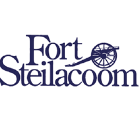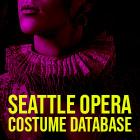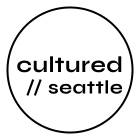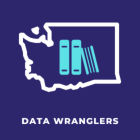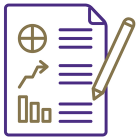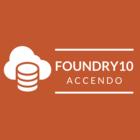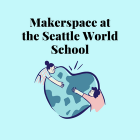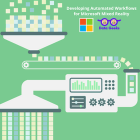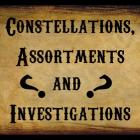
Constellations, Assortments and Investigations: Exploring Our World Through Curiosity Cabinets
Drawing upon several philosophical theories and experiential pedagogies, I've designed a gamified learning device to assist learners in developing their research skills so that they will be better equipped with the literacies to navigate our complicated mediasphere in their personal, academic and professional lives. This device’s collection echoes the random assortments found in the historical variations of curiosity cabinets. Learners will manually inspect and speculate about the cabinet’s mysterious and unusual objects and then will utilize library resources to investigate their actual origins or functions. This learning program is repeatable and adaptable for many types of learners.

